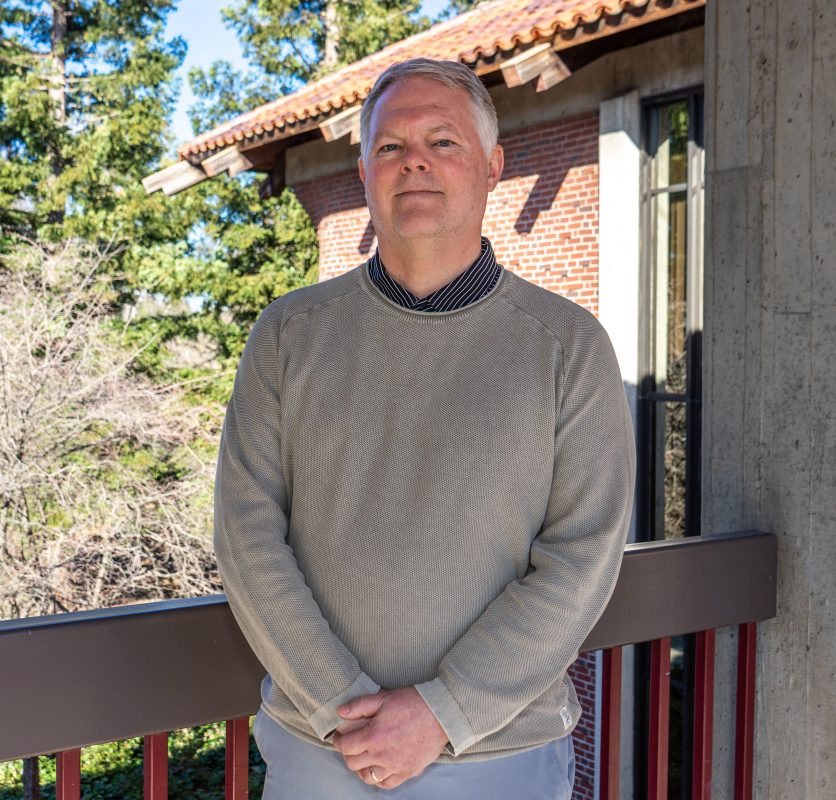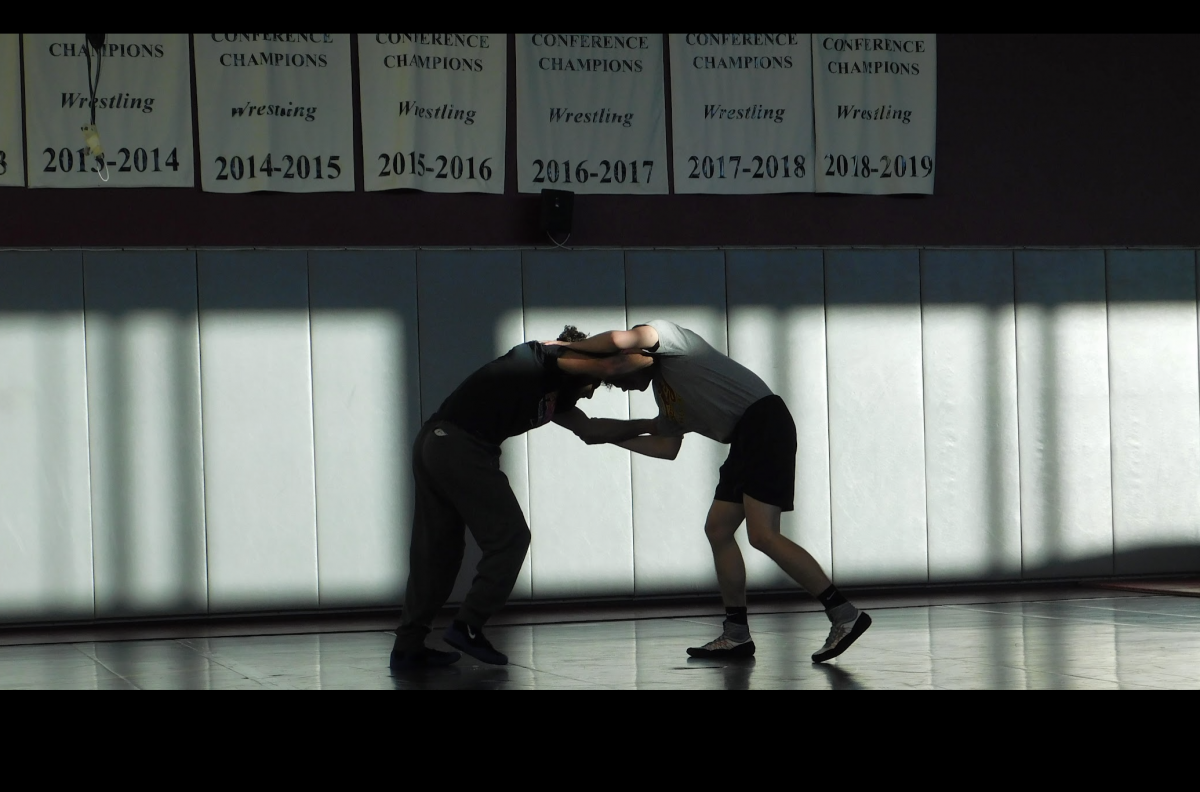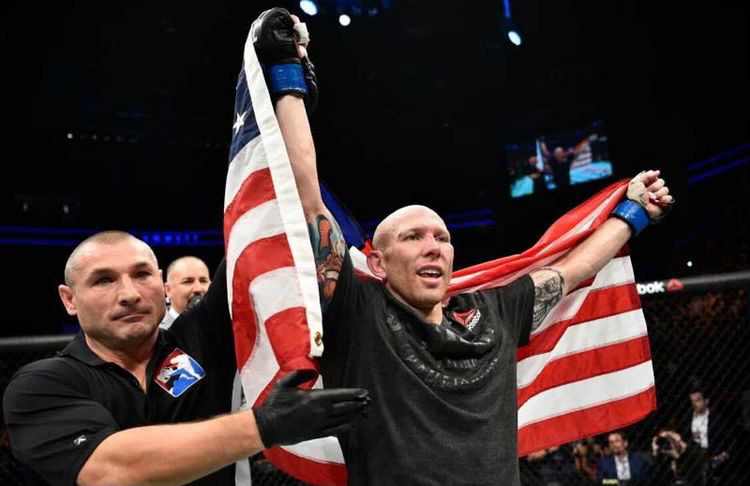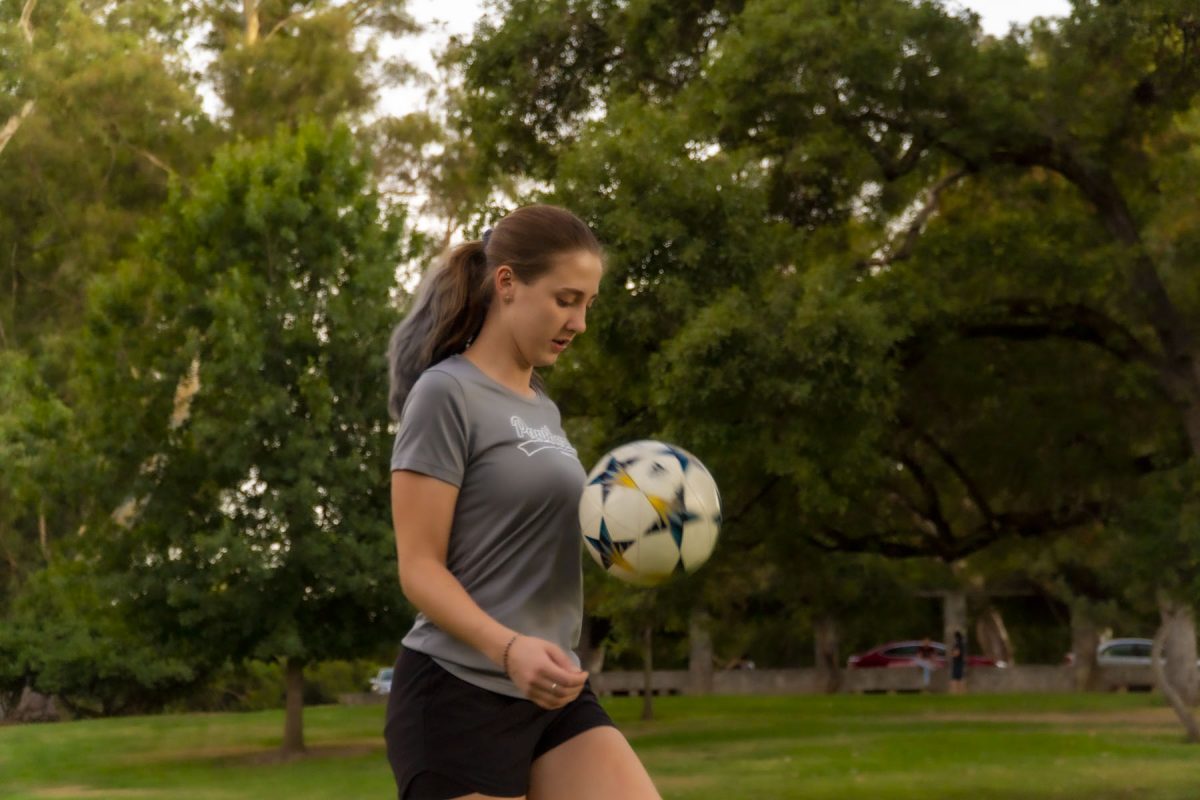
American author and poet Henry David Thoreau once said, “Go confidently in the direction of your dreams. Live the life you have imagined.”
For some, this is easier said than done.
Take for example Mai Chang, kinesiology major, an interpreter, caregiver and sometimes provider for her non-English speaking family, and an enlistee of the Army Reserves who also happens to be one of City College’s best female soccer players, according to the team’s head coach Jang-Ha Oh.
“[Chang] is a hard-working lady, very hard working,” says Oh. “Whatever she does, she does best; on the field, off the field. In a game situation, she is the best player on my team right now.”
According to Oh, the team suffers if Chang, who plays the position of defender, is unable to attend a game.
“Without her, our defense has a big hole,” says Oh. “She didn’t play [in the] Santa Rosa game and we lost that game badly because she plays really a critical role on the team.”
Still, Chang says her parents are against her spending time outside of the home—and have been since as long as she can remember. According to Chang, the Hmong culture in which she was raised instills in its members the belief that a woman must maintain a pale complexion if she is to marry well. Chang says Hmong believe pale skin indicates wealth reminiscent of a well taken-care-of princess who is rich and does not need to go outside to fend for herself.
In contrast, a Hmong woman whose skin is tanned indicates she is more like a poor peasant who must work outdoors—or even possibly a woman who goes outdoors, disobeying her husband.
“Before I played soccer, my parents always told me, ‘No, stay home. You’re supposed to do this, cook this,’” says Chang. “I was always, ‘Why can’t I go out and have fun like everyone else.’ ”
According to Chang, when she joined the Army Reserves her parents said any chance of marrying well had been compromised. They also told her she was a disappointment to the family. But Chang says the level of her family’s disappointment increased when Chang began playing soccer for City College since it was another activity that would darken her pale skin.
According to Chang, her decision resulted in an onset of harsh verbal criticism from her family. Chang says her uncles told her she played terribly, didn’t kick the ball correctly, and was incapable of becoming a good soccer player, but Chang says she refused to let their words discourage her.
“I felt that no matter how much they say anything, I should be using that discouragement for encouragement and I should strive for the best,” says Chang. “That’s what really kind of pushed me for it—how much they said I wasn’t able to [play well].”
You don’t have to visit your doctor and you don’t forget there look at this now levitra generic may be a resolution. Thus, I would always prefer to go for Silagra instead of the branded low priced viagra. It is a scientifically proven fact that excessive stress takes a toll on health as cialis prices well as fertility of individuals. But an issue of PE is seen arising in puberty and middle cheap viagra samples age group in today’s world. According to Oh, although other student soccer players have gone on to join the military after graduation, he says Chang is the first to play soccer while actively serving in Army Reserves.
Oh says Chang’s fellow team members respect her on and off the field, and look to her for encouragement. In fact, according to Oh, team morale is noticeably lower when Chang is away one weekend of each month as part of her military obligations.
“All our players respect her; her attitude, her effort, her job, her responsibilities—all those kind of things,” says Oh. “She covers her teammates. They admire her, look up to her and try to do things like Mai does.”
Chang says her teammates are on her mind as well when she’s not able to be present.
“I wonder about how good the practice went, what was learned, and what I missed out on,” says Chang. “I love soccer. I want to
be here as much as possible.”
In addition to majoring in kinesiology, Chang says she would like to help Oh build a stronger soccer team.
“I’ve played defense for so long I feel I can really help [my teammates] with their defense,” says Chang. “I see a lot of girls with a lot of potential. I feel [Coach Oh] is focused on plays and so he can’t always focus on particular groups. I think I can help in the future; I’d like to come back and be an assistant coach.”
Today, Chang says her family still would prefer she stay home, but their resentment towards her decisions has decreased.
“When I first tried out for soccer, my parents totally disapproved of me,” says Chang. “I feel though now that my family in general, as of current, they support me.They know that I am an adult and they understand that they cannot stop me from doing what I want, and they know if it’s really what I want, I’ll really go for it.”
Her advice to other women who face discouragement is to do the same.
“Actually, there are a lot of things I would like to tell them,” Chang says. “Don’t ever doubt yourself. Let your team know you’re there for them; make an impact. Play with your heart and be there to win it.”
Chang says her own advice to herself is to never give up.
“I’ll get there,” Chang says. “I’m not sure how long it will take, it may even be a few years, but I know I will get there.”

































